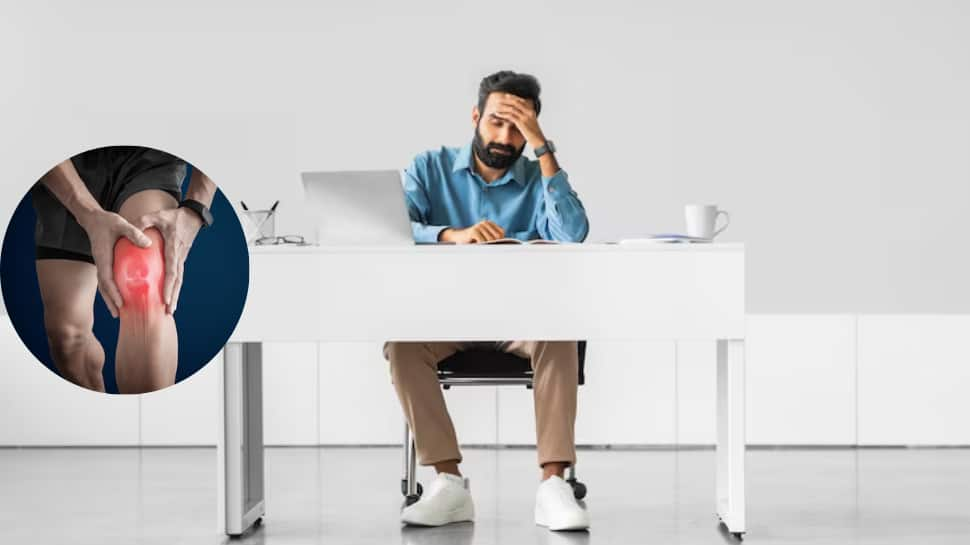Spending long hours at a desk can put a lot of strain on your body, especially your knees, back, and shoulders. Poor posture not only makes you feel uncomfortable but also leads to long-term health problems like joint stiffness, muscle tension, and fatigue.
With a few simple posture tips, you can protect your knees and stay comfortable even during those marathon work sessions:-
1. Sit With Your Feet Flat on the Floor
Always keep your feet firmly planted on the floor instead of crossing your legs or dangling your feet. This reduces pressure on your knees and promotes proper blood circulation.
2. Adjust Your Chair Height
Make sure your chair is at the right height so your knees are level with or slightly lower than your hips. A chair that’s too high or too low can strain your knees and spine.
3. Use a Footrest if Needed
If your feet don’t reach the ground comfortably, use a small footrest. This ensures your knees stay at a natural 90-degree angle, preventing unnecessary stress.
4. Keep Your Back Supported
Sit back fully in your chair with your lower back supported. A cushion or lumbar pillow can help maintain your spine’s natural curve, taking pressure off your knees.
5. Take Stretch Breaks
Every 30–40 minutes, stand up, walk around, or stretch your legs. Simple moves like knee extensions, calf raises, or gentle squats can improve blood flow and reduce stiffness.
6. Avoid Sitting on Your Legs
Tucking your legs under your body or sitting cross-legged for long periods puts uneven pressure on your knees and can cause pain over time. Stick to neutral positions.
7. Maintain Good Screen Height
Your computer screen should be at eye level to prevent slouching. A straight back posture naturally reduces knee strain since your body weight is evenly distributed.
Your knees—and the rest of your body—will thank you for practicing mindful posture habits at your desk. Small adjustments like sitting properly, taking breaks, and supporting your back can make a big difference in how you feel after long work hours.
(This article is meant for informational purposes only and must not be considered a substitute for advice provided by qualified medical professionals.)

